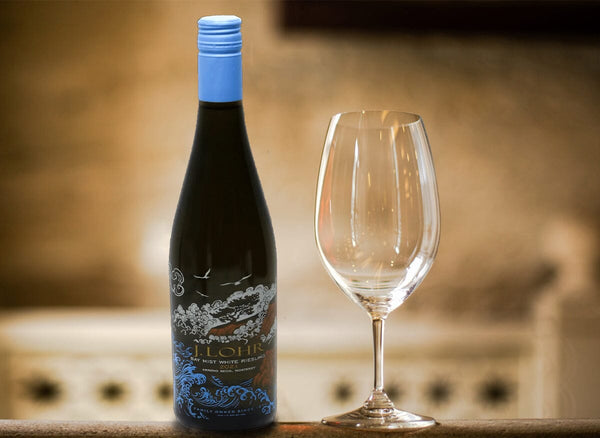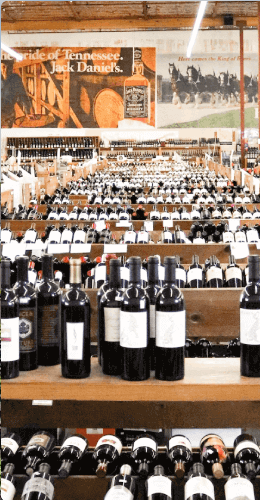Riesling Wines Versatility and Allure: Debunking the Sweetness Myth

Riesling, hailed as one of the most versatile grape varieties, embodies a remarkable spectrum of flavors that often leads to misconceptions, notably regarding its sweetness. It is, simply, the queen of aromatic wines and capable of diverse expressions. While many Riesling wines may showcase a propensity for sweetness, it's crucial to dispel the myth that all Rieslings are inherently sweet. Remember that when you go to buy white wine online: Exploring the multifaceted nature of this grape variety unveils a world beyond sweetness, encompassing a captivating array of styles that cater to diverse palates.
Originating from the Rhine region of Germany, Riesling grapes flourish in various climates across the globe, contributing to the diversity of its terroir expressions. One of the most common misconceptions is associating Riesling solely with sweetness. However, this grape possesses an inherent acidity that balances its natural sugars, leading to a wide spectrum of styles ranging from bone-dry to lusciously sticky.
Firstly, it's crucial to understand the factors influencing the sweetness in Riesling wines. The ripeness of the grapes at harvest plays a pivotal role. Grapes harvested early tend to retain higher acidity levels, resulting in drier styles, while late harvest or noble rot affected grapes often yield sweeter, more concentrated wines.
Exploring the white wine bottle labels provides essential cues to decipher the sweetness level. Terms like "trocken" or "dry" indicate minimal residual sugar, presenting a crisp, refreshing profile. By contrast, designations like "spätlese," "auslese," or "late harvest" suggest a higher sugar content, delivering richer, sweeter notes.
Moreover, the terroir significantly impacts Riesling style. German Rieslings, especially those from the Mosel or Rheingau, often lean towards the sweeter end of the spectrum, celebrated for their exquisite balance between acidity and residual sugar. Meanwhile, Alsace Rieslings from France offer a broader range, from bone-dry to opulently sweet, showcasing pronounced minerality and fruit complexity.
Beyond Europe, Riesling vines thrive in diverse terroirs. The New World, notably Australia's Clare and Eden Valleys, crafts Rieslings recognized for their zesty acidity and vibrant fruitiness, with winemakers often choosing a drier profile. New York and Washington States in the United States also cultivates outstanding Rieslings, displaying a remarkable balance between sweetness and acidity.
The misconception surrounding Riesling's sweetness tends to overshadow its exceptional food-pairing capabilities. Dry Rieslings, with their crisp acidity and citrus notes, harmonize exquisitely with seafood, salads, and spicy cuisines, elevating flavors without overpowering delicate dishes. Conversely, sweeter Rieslings complement savory and spicy dishes, serving as a perfect match for Asian cuisines or creamy desserts.
For the discerning wine enthusiast, exploring the diverse expressions of Riesling offers a journey through charming versatility. Tasting different styles and understanding their nuances enables one to appreciate the intricate interplay between acidity, sweetness, and other flavor components alongside its dinsctincive aromas.
In the end, the notion that Riesling wines are exclusively sweet is a misconception overshadowing the true breadth of this grape's diversity. Riesling, celebrated for its vibrant acidity, can produce an extensive array of styles, from bone-dry to lusciously sweet, catering to a wide spectrum of palates and culinary preferences. Embrace the diversity of Riesling and explore the myriad of flavors it has to offer beyond the boundaries of sweetness.
Whether your preference lies in the crispness of a bone-dry Riesling or the luscious sweetness of a late-harvested bottle, there's a Riesling waiting to delight your senses and challenge your perceptions when you order wine online. Indulge in the allure of that Riesling white wine bottle, where each sip tells a story of terroir, craftsmanship, and unparalleled versatility.


















Leave a comment